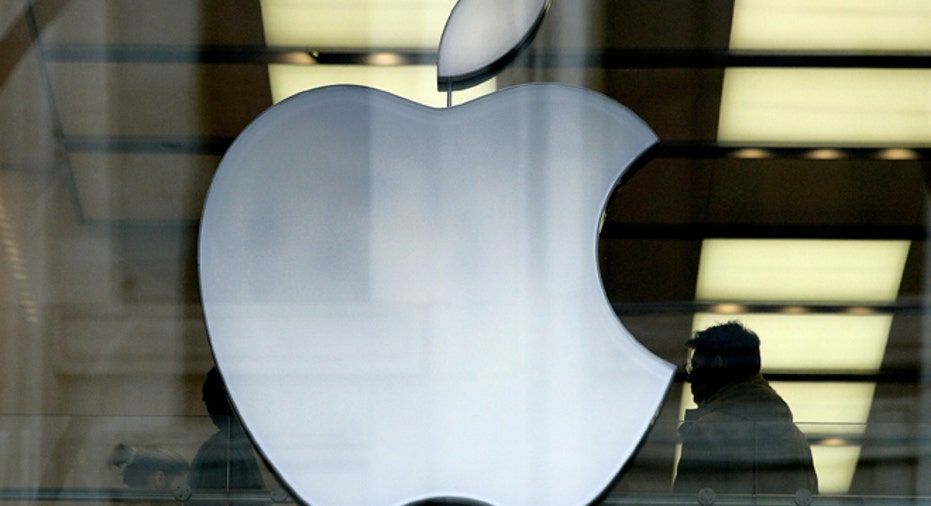Will Health Tech Really Make Us Healthier?

It’s a paradox of huge proportions: The more obsessed we are with food, fitness and health, the more overweight and unhealthy we become. While life expectancy continues to rise in the U.S., it’s rising slower than the rest of the world. Obesity is clearly a culprit.
Our smartphones, smartwatches and fitness bands have sensors capable of measuring and providing medical professionals with massive amounts of health data. But lately I’ve been wondering if and when we’ll actually start to see some significant medical benefits. In other words, will health tech really make us healthier?
Yesterday I read that IBM (NYSE:IBM) intends to turn information from Apple’s (NASDAQ:AAPL) HealthKit and ResearchKit initiatives into secure, cloud-based data analytics for the healthcare industry via the cognitive capabilities of Watson, its artificial intelligence computer system.
Besides a new business unit and an open platform called Watson Health Cloud, the IT giant announced partnerships with Johnson & Johnson (NYSE:JNJ) and Medtronic (NYSE:MDT) to provide optimized, real-time, mobile apps that help patients manage chronic illnesses such as diabetes.
All that flashy stuff sounds great but the truth is none of that tech will change our habits. Besides, with a few notable exceptions, it doesn’t seem to have much impact on the outcome, either. At least not yet.
If I’m sounding like a bit of a negatron about all the health tech hype, maybe this story will help you understand where I’m coming from.
Like millions of Americans, I suffer from allergy related sinus problems. They drive me nuts this time of year but fall is just as bad. It all started when I moved to the Bay Area in my late 30s.
Sinus surgery more than a decade ago helped. The chronic infections are no longer as bad but the doctors say inflammation remains a major culprit. I don’t know how many ENT (Ear, Nose and Throat) doctors I’ve seen but I recently saw a new one and was treated to some very cool tech.
The doc put virtual reality goggles on me so I could see everything he saw as he performed a nasal endoscopy with a flexible fiberoptic telescope. It was like watching a documentary of my insides narrated by the guy in the white coat:
“Moving past the septum and heading up into the sphenoid sinus,” he said, “Ah, there you go. See that green glob of mucus on your left? That’s pretty impressive.” When we were done he sucked the stuff out through a tube and sent it off to the lab to make sure it wasn’t some mutant bacteria or something.
It was just like those old sci-fi movies Fantastic Voyage and Innerspace except a lot less dramatic and way more disgusting.
Next up was the CT scan. I’ve had lots of CAT scans before but they always took place in dedicated imaging centers. This one was right there in the back room. After the scan, the images were immediately rendered on a computer screen. The doc explained what we were seeing and, a few minutes later, we were back in the exam room.
Wouldn’t you know it, the diagnosis was the same one I’ve gotten over and over: More surgery won’t help; the problem is chronic infection and inflammation; and the prescriptions were antibiotics and daily corticosteroid sinus flushes. That’ll be $1,700, thank you very much.
All that technology didn’t really change a thing. The diagnosis was the same. The drugs and delivery mechanisms were the same. And a chronic condition was, ironically, still a chronic condition. I guess the only real difference was the enormous bill.
That’s just one of many examples but you can see why I’m skeptical about all the health tech hype.
Granted, arthroscopic, laparoscopic, and computerized surgeries are greatly beneficial. And there are all sorts of new drugs for anxiety, ED, and toenail fungus. But what about the chronic stuff that makes our lives miserable? Better yet, how about the diseases that are most likely to kill us?
Being from the high-tech industry, I’ve gotten to see a lot of cool stuff over the years. More than 15 years ago I met with an Israeli company that had developed a pill-like device with a camera. You swallow it and it takes pictures of your digestive tract and wirelessly (obviously) sends the images to a wearable recording device.
I just read about PillCam, a similar device from Given Imaging (an Israeli company) that in 2014 received FDA approval for colon cancer screening. Now that’s exciting. But you’ve got to wonder why it took 15 years to get fully productized and through the system. I sure would have preferred PillCam to my last two colonoscopies.
In many ways, our healthcare system seems stuck in the dark ages. Maybe tech can help fix that. Maybe not. Personally, I would sacrifice all the real-time health and fitness data analytics and mobile apps for significant improvements in diagnostics and cures that get to us faster and more affordably.



















